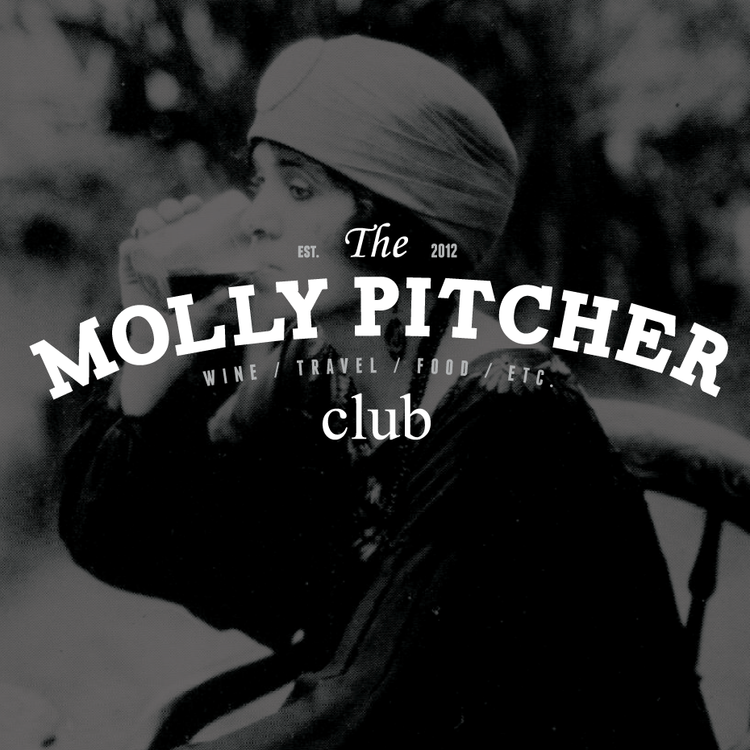Wine 101: What is Fermentation
So, I like to say that I have been "serious" about wine for almost two years now. Over that period of time, I feel confident in what I have learned about the winemaking process, wine regions and the most popular grapes. But now, I notice as I try to take my wine knowledge to the next level and really understand how winemaker's make this delicious product, it all leads back to one thing -- the process.
This post will discuss the winemaking process, specifically fermentation. Fermentation, together with the grapes and the aging process play a major role in developing a wine's flavor and character. A little knowledge on this process goes a long way in understanding why you may like certain styles of wine over others. Plus, it could really impress you friends or coworkers at that next cocktail party or happy hour.
Now for you science nerds, fermentation is best described by the following formula:
sugar + yeast = alcohol + carbon dioxide
Plainly stated, fermentation is the process that turns grape juice to wine because the yeast consumes natural sugars from the grape which yields alcohol and carbon dioxide (which is essential to creating flavors/aromas). This process will continue until either all the sugar is consumed or until the winemaker stops the process by cooling the temperature of the juice. It is this step that determines whether a wine is dry or off-dry. Off-dry wines (or sweet) are sweeter because some sugars are left over (residual) after the fermentation stops, Dry wines, on the other hand, are not sweet because the yeast consume all of the natural sugar in the grapes.
To key elements that winemaker's must keep an eye on during fermentation are oxygen and temperature. Oxygen is essential to a wine's flavor, but too much can be a problem. Further, it is important for the winemaker to keep the temperature steady -- if it's too hot, the wine can spoil, but if it's too cold, fermentation may slow or stop altogether.
In conclusion, the fermentation process is a balancing game to produce the right environment for sugar to be converted into alcohol. Until next time.
Cheers!

